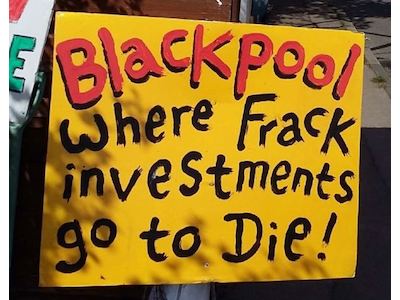Rethinking the Political Economy of Environmental Conflict: Lessons from the UK Fracking Controversy
Marshall, Adam Patrick.
(2023).
Unpublished PhD dissertation. Department of Marketing, International Business and Tourism. Manchester Metropolitan University.
(Thesis; English).
![[img]](https://bnarchives.yorku.ca/829/1.hassmallThumbnailVersion/20230000_marshall_phd_front.jpg)
|
Cover Image
20230000_marshall_phd_front.jpg Download (263kB) | Preview |
|
|
PDF (Full Text)
20230000_marshall_phd.pdf Download (5MB) | Preview |
Alternative Locations
https://e-space.mmu.ac.uk/634785/, https://www.econstor.eu/handle/10419/297283, https://yorkspace.library.yorku.ca/items/2dc7740f-6f86-404b-bc48-3f8d47bb0df7, https://capitalaspower.com/2024/06/marshall-rethinking-the-political-economy-of-environmental-conflict-lessons-from-the-uk-fracking-controversy/
Abstract or Brief Description
As governments and corporations have intensified their efforts to locate, extract, and capitalise oil, gas, and various other biophysical materials, the world has simultaneously witnessed a proliferation of social resistance to these efforts. While taking many forms, such resistance, and concomitant ecological distribution conflicts (EDCs), are invariably motivated by a diverse range of objections regarding the unequal distributions of power, harms, and benefits associated with these extractive endeavours. This thesis primarily addresses the EDC literature, an environmental justice activist orientated literature at the intersection of ecological economics and political ecology. Despite offering numerous insights regarding the socio-metabolic drivers of EDCs, this literature often tends towards problematic explanations regarding the role of capitalist power. Thus, while these explanations foreground questions of capitalist power, their core assumptions - especially the analytical distinction between ‘the political’ and ‘the economic’- serve to elide key aspects of capitalist power within this context. Moreover, they also tend to obscure an important counterpart to capitalist power of special relevance to the activists who mobilise for environmental justice within EDCs; namely, capitalist vulnerability. Consequently, this thesis enfolds existing EDC insights within a broader theoretical framework underpinned by the Capital as Power (CasP) approach to political economy. CasP’s overarching contribution is to enable researchers to map how intra-capitalist conflicts unfold through the reorganisation of social ecological relations. Mobilising this framework, and a unique combination of qualitative and quantitative methods in the context of the UK fracking conflict (2010-2020), this thesis aims to explore, understand, and explain capitalist power and vulnerability in fracking conflicts (specifically) and EDCs (generally). Alongside other key findings, the inherent uncertainty surrounding future earnings and the divergent interests of competing capitalist coalitions are identified as key sources of capitalist vulnerability that environmental justice activists can exploit within EDCs. These findings highlight the analytical benefits of a CasP-driven theoretical framework for elucidating capitalist power and vulnerability in fracking conflicts and EDCs, not only for activists and academics, but also for policy makers, businesses, and other advocates for just transformations towards sustainability.
Language
EnglishPublication Type
ThesisKeywords
activism capital as power capitalist vulnerability conflict fracking ecology energy environment shale gas UKSubject
BN LawBN Money & Finance
BN Power
BN Policy
BN Production
BN Region - Europe
BN Resistance
BN Agency
BN State & Government
BN Business Enterprise
BN Capital & Accumulation
BN Conflict & Violence
BN Cooperation & Collective Action
BN Crisis
BN Distribution
BN Ecology & Environment
BN Growth
BN Industrial Organization
BN Institutions
Depositing User
Jonathan NitzanDate Deposited
05 Jun 2024 22:25Last Modified
12 Jun 2024 14:25URL:
https://bnarchives.yorku.ca/id/eprint/829Actions (login required)
 |
View Item |

